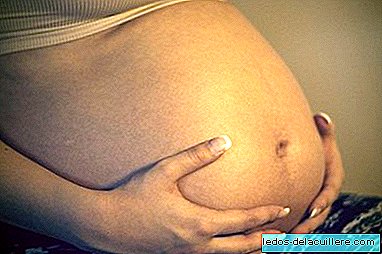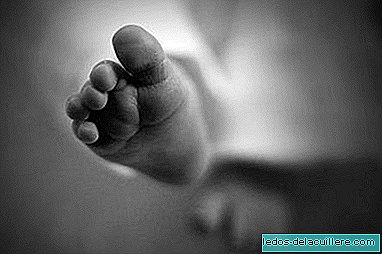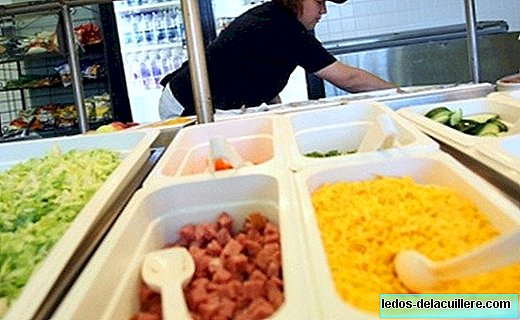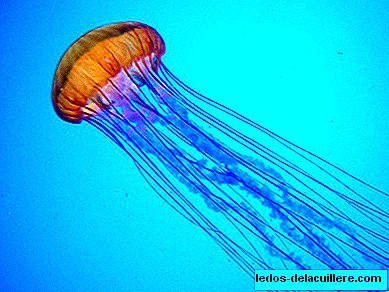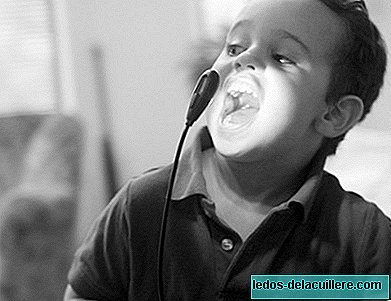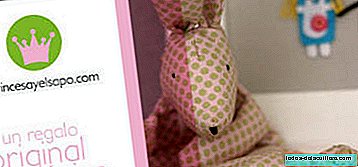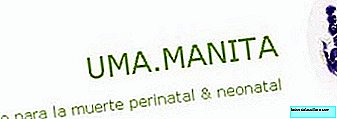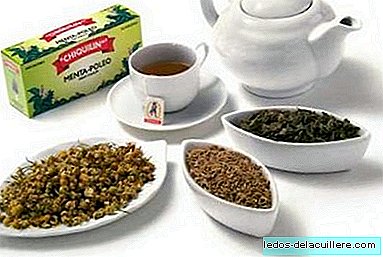
The typical phrase that says that the human body is a perfect machine has long since passed into history. We are currently attending a phenomenon of “hypermedication” in which any variant of normality is considered as an error or disease to be corrected and this problem is also affecting children (since they are medicated by parents).
In the intention of giving children the healthiest treatment possible, many mothers and fathers offer their children infusions or preparations that are often sold with the guarantee of being a natural product, as if the “natural” flap means “exempt from side effects".
The truth is that Herbal infusions are more dangerous than it seems and therefore should not be given to sick children, much less healthy ones (most of those who receive them).
Babies are smaller
Babies are more vulnerable than adults to take any medication given its smaller size and doses should be calculated based on their weight, to avoid poisoning.
Herbal infusions are still treatments that can have side effects since most contain pharmacologically active ingredients and therefore may cause poisoning according to the amount administered.
If we also take into account that the composition of the infusions or preparations is not standardized, the danger increases, since an envelope of infusion A can have a greater effect than an envelope of infusion B.
There is no data about your safety
It is estimated that about 80% of the medications currently given to children have not been studied with them(basically for an ethical issue ... who would let medical tests be done with your child?).
If no tests have been carried out with the majority of medicines and therefore they are administered based on assumptions, with the risk that this entails, there is less security in the possible effects that infusions can cause, which have not been studied and whose Dosage is not described.
Can be toxic
Some plants contain toxic products and if taken in sufficient quantity or time they could harm the baby.
We are talking about alfalfa, poppy, star anise (removed from the Spanish market), green anise, artemis, boxwood, boldo, caulofilo, ergot, ephedra, eucalyptus, fucus, fennel, hyssop, kava (removed from the Spanish market), nutmeg or sage.
Many infusions contain tannins and other compounds that bind iron and other minerals, reducing their bioavailability (that is, preventing the baby from absorbing it correctly). This is the case, for example, of chamomile, green tea and other types of teas.
Anise, fennel and cumin act according to its active ingredient anethole, a neurological depressant which produces, depending on the dose, drowsiness, seizures and coma. Unfortunately there are many cases of children intoxicated with these herbs (especially star anise).
Sugar and water: better not
Another factor to consider is the sugar with which they are usually prepared. Sugar increases the risk of obesity and tooth decay and predisposes children to the sweet taste, making it difficult to accept other flavors later.
The infusions, in addition, they have no nutritional value, so it does not nutritionally replace any other food. If the one who takes it is a nursing baby, replacing milk with an infusion (water + herbs) is even more serious, because it will be filling the stomach with liquid when it could have received a milk intake, much more nutritious.
A point and apart deserve instant infusions for babies, which come in cans to be prepared with water. To talk about them we will publish another entry in a few days.


